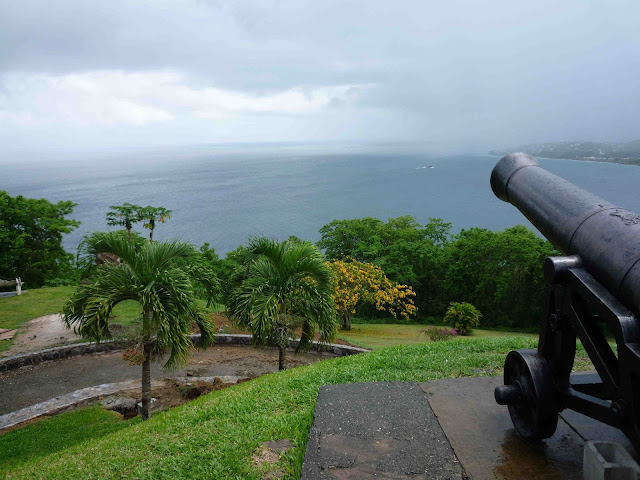It Takes a Village...

Do we wish to secure sustainability in tourism? Sustainability ought to come from the practice that allows operators and employees to enjoy fair and equitable living standards; in so doing attract an appropriate market for the sector; and develop the capacity for growth in the exchange; with no negative impact on the natural environment. Wild Tobago looks at one example of sustainability in the industry in Tobago. What are the lessons to be learned from the Kariwak Village? (This was first published in Tobago Newsday on Thursday 26th January 2017) The iconic ajoupa surrounded by gardens, constantly cared for over 30 years. In 1981, an advertising agency was given an interesting challenge. Design a logo for a new hotel in Tobago, that would not be called a hotel. Its name would be a tribute to indigenous peoples of these islands, people who were driven off centuries before, by those who came in fabled caravels. The indigenous people – so we had been told – wer...


